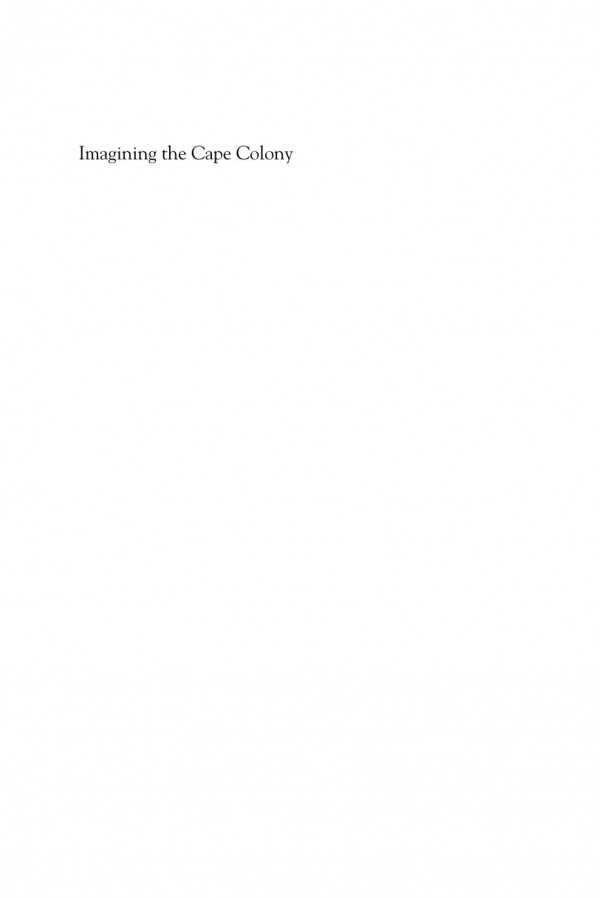

Most ebook files are in PDF format, so you can easily read them using various software such as Foxit Reader or directly on the Google Chrome browser.
Some ebook files are released by publishers in other formats such as .awz, .mobi, .epub, .fb2, etc. You may need to install specific software to read these formats on mobile/PC, such as Calibre.
Please read the tutorial at this link: https://ebookbell.com/faq
We offer FREE conversion to the popular formats you request; however, this may take some time. Therefore, right after payment, please email us, and we will try to provide the service as quickly as possible.
For some exceptional file formats or broken links (if any), please refrain from opening any disputes. Instead, email us first, and we will try to assist within a maximum of 6 hours.
EbookBell Team

0.0
0 reviewsHow the Cape Colony was imagined as a political community is examined by considering a variety of writers, from major European literati and intellectuals (Camões, Southey, Rousseau, Adam Smith), to well-known travel writers like François Levaillant and Lady Anne Barnard, to figures on the margins of colonial histories, like settler rebels, slaves and early African nationalists. Complementing the analyses of these primary texts are discussions of the many subsequent literary works and histories of the Cape Colony.
These diverse writings are discussed first in relation to current debates in postcolonial studies about settler nationalism, anti-colonial resistance, and the imprint of eighteenth-century colonial histories on contemporary neo-colonial politics. Secondly, the project of imagining the post-apartheid South African nation functions as a critical lens for reading the eighteenth-century history of the Cape Colony, with the extensive commentaries on literature and history associated with the Thabo Mbeki presidencies given particular attention.